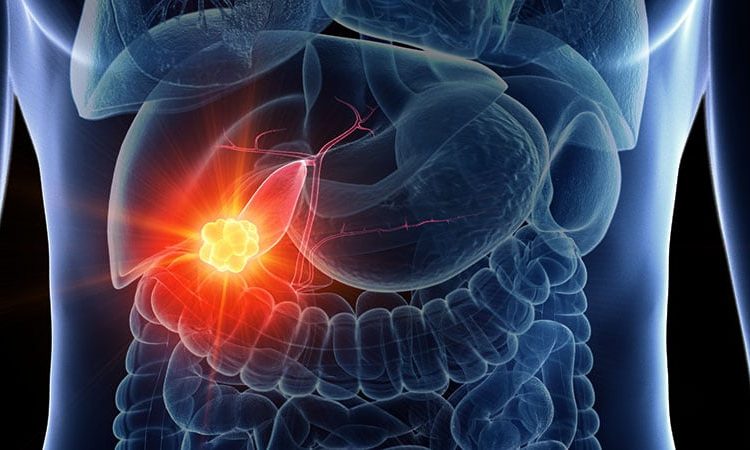The study covered in this summary was published on researchsquare.com as a preprint and has not yet been peer reviewed.
Key Takeaway
A few key factors predict when gallbladder cancer will be found on routine cholecystectomy, allowing for better surgical planning and treatment.
Why This Matters
More than 60% of gallbladder cancers are diagnosed incidentally following cholecystectomy for benign reasons.
Identifying predictors allows surgeons to send high-risk individuals for oncologic evaluation beforehand and to prepare for intraoperative frozen pathology and more appropriate surgery, including extended cholecystectomy and lymph node dissection.
Study Design
The investigators analyzed 403,443 cholecystectomies in the American College of Surgeons’ NSQIP database from 2007–2017.
They used multivariable logistic regression to identify risk factors for gallbladder cancers.
Patients undergoing cholecystectomy for suspected or confirmed gallbladder cancer were excluded.
Key Results
The incidence of gallbladder cancer was 0.11% (441 of 403,443 patients).
Preoperative factors significantly associated with gallbladder cancer included age older than 60 years (odds ratio [OR], 6.51), female sex (OR, 1.75), weight loss (OR, 2.58), and elevated alkaline phosphatase level (OR, 1.67).
Starting with or converting to an open approach — both potential indicators of more complex disease — were associated with seven times’ higher odds of gallbladder cancer (OR, 7.33; P < .001), as were longer operative times (127 minutes vs 70.7 minutes; P < .001).
Limitations
There is a risk of selection bias regarding which patients were included in the database.
Presenting symptoms, preoperative imaging findings, and pathologic staging were not available.
The database did not record the reasons for choosing open surgery rather than laparoscopic surgery or for converting to an open approach.
Disclosures
There was no funding for the work, and the investigators did not disclose any relevant financial relationships.
This is a summary of a preprint research study, “Gallbladder Cancer Incidentally Found at Cholecystectomy: Perioperative Risk Factors,” led by Elizabeth Olecki of Pennsylvania State University, State College, provided to you by Medscape. The study has not been peer reviewed. The full text can be found at researchsquare.com.
M. Alexander Otto is a physician assistant with a master’s degree in medical science and a journalism degree from Newhouse. He is an award-winning medical journalist who has worked for several major news outlets before joining Medscape and also an MIT Knight Science Journalism fellow. Email: [email protected].
For more news, follow Medscape on Facebook, Twitter, Instagram, and YouTube.
Source: Read Full Article
